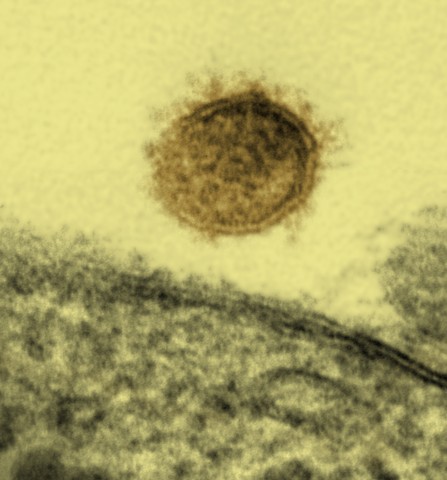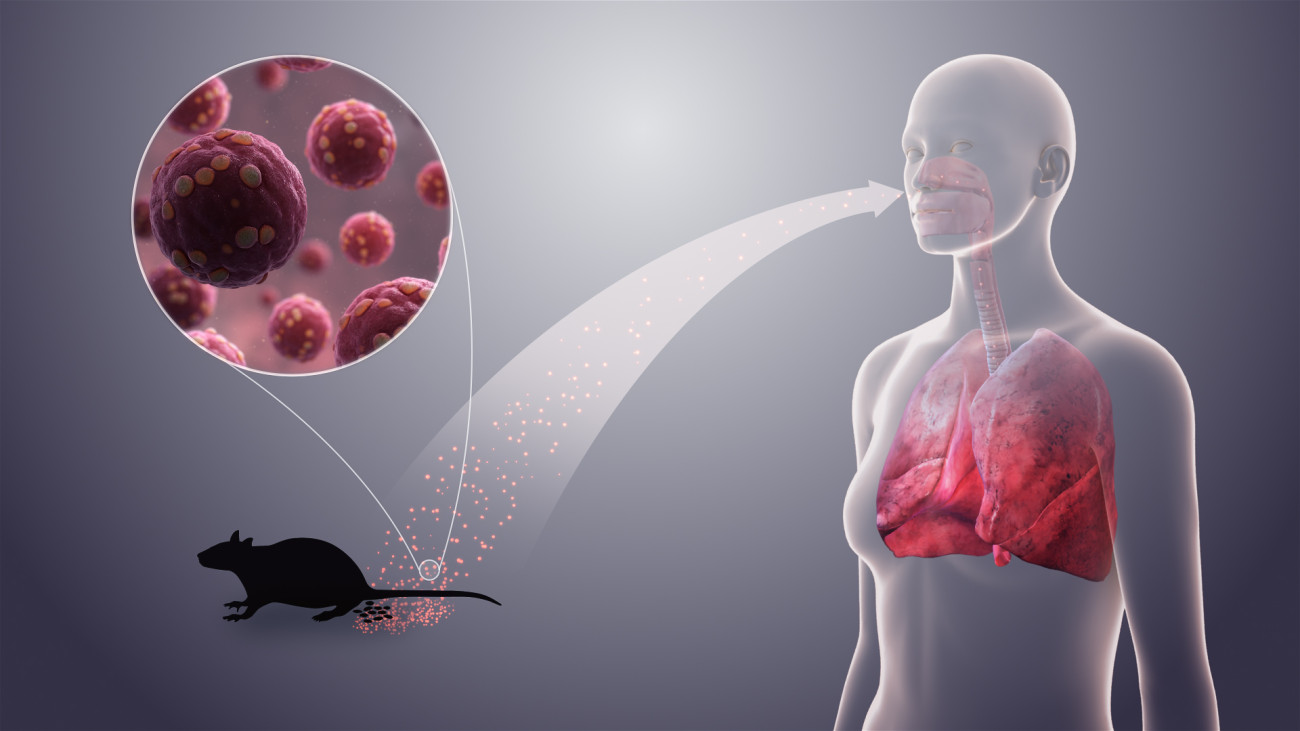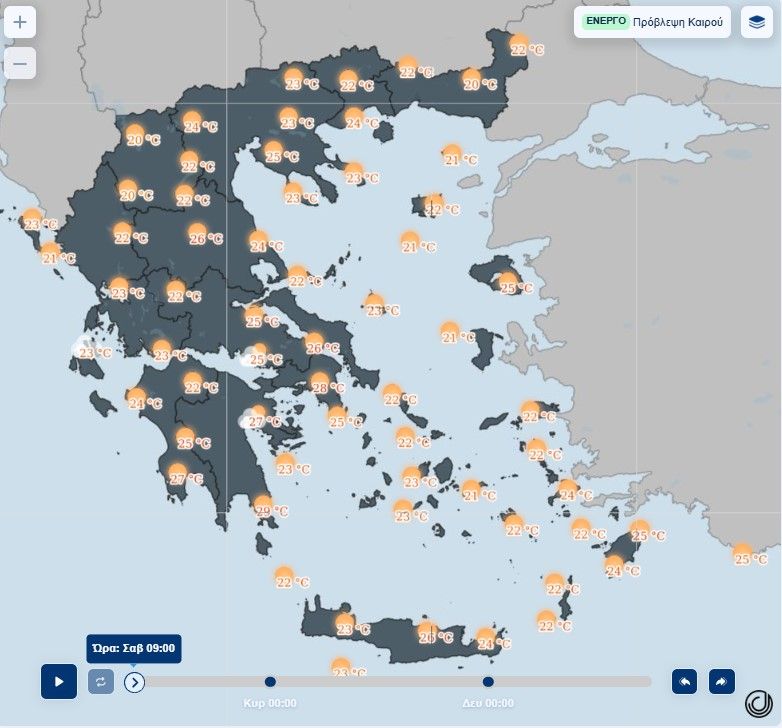Jean Hackman: Famines and Dead Rodents in the actor’s villa

Jin Huckman and his wife Betsi Arakawa were found dead in their home in February.
According to authorities, Arakawa died of a pulmonary syndrome owed to Handai, a rare but particularly dangerous infection transmitted to humans after contact with rodents, rodents, saliva and urine, according to the medical researcher’s office.
Jin Huckman’s wife and pianist Arakawa was 65.
According to CNN International’s new report, state health authorities have discovered rodent feces in three garages, two warehouses and three sheds.
Also in the three isolated garages, dead rodents were found and a rodent nest.
The Ministry of Health of New Mexico conducted the risk assessment on March 5 as part of Hakman’s death research and Arakawa to ensure the security of employees who responded to the call for help and family members who had access to property.
The risk of exposure to the main residence was low, according to New Mexico’s public health vet, Erin Phillips.
However, the other eight buildings on the property were accessible from rodents, the report said.
In two vehicles on the property, rodents, nests and feces were also found.
What is Handaios – Is there really a cause for concern?
Handaius had caused panic in 2020 after the Covid-19 pandemic and in Greece.
The syndrome has symptoms corresponding to the coronary.
Hadaios is not a new virus, but has caused concern due to fake news released in 2020 with messages in WhatsApp first in China and then around the world.
In particular, a passenger who died on a bus in China was found positive in the virus, which announced that the victim had left his last breath on a bus carrying another 32 people in Yunnan province.
Although the news was confirmed, messages released on WhatsApp and other applications testified in panic, referring to the « next big epidemic » after that of the crown.
However, as the Independent noted, these messages were excessive.
Handaius belongs to a dangerous virus family, but he has been known for decades and is certainly not as dangerous as Koronai.
What is Handaios and how is it transmitted
According to a New York Post report, « Handaios first appeared in the 1950s in the American -Korean war in Korea. It is transmitted by mice if people swallow their body fluids. Human -to -human transmission is rare, ”said Swedish scientist Dr. Sumaiya Shaikh.
« Please don’t panic unless you plan to eat mice, » he added.
The American Center for Disease Control and Prevention (CDC) said Hadaios is rare, but the mortality rate reaches 40%.
« Symptoms may occur for up to eight weeks after exposure to urine, feces or saliva infected rodents, » the CDC notes, adding that it can also come from bite.
https://www.youtube.com/watch?v=MKJ2RTFG3WY
The symptoms presented are common to those of the corona, with sufferers reporting fever, headaches, cough and shortness of breath.
A patient likened it to « a tightening around my chest and a pillow over my face, » the CDC said.
Patients often need intensive care during the period of severe respiratory failure.
« We know that if infected people are detected early and receive medical care in an intensive care unit, their health can be improved. In intensive care, patients receive oxygen therapy to help in the event of severe respiratory difficulty, « the CDC said.
Epidemic in New Mexico
The virus has led to deaths 41% of patients in New Mexico.
The southwestern state had the most reported cases of Hadavi virus in the country.
Mayo Clinic advises citizens to avoid contact with rodents and wear special gloves when cleaning rodents due to limited treatments for the disease.
https://www.youtube.com/watch?v=dgzodDuxB30
There is currently no specific treatment for the virus and the symptoms, which appear as influenza at the beginning, it may take up to two months to manifest.
Dr. Heather Jararel, the head of the medical researcher’s medical researcher in New Mexico, said that Arakawa suddenly died of Handaio, while Hakman died days later by complications of cardiovascular disease with advanced disease.
It was 95.









